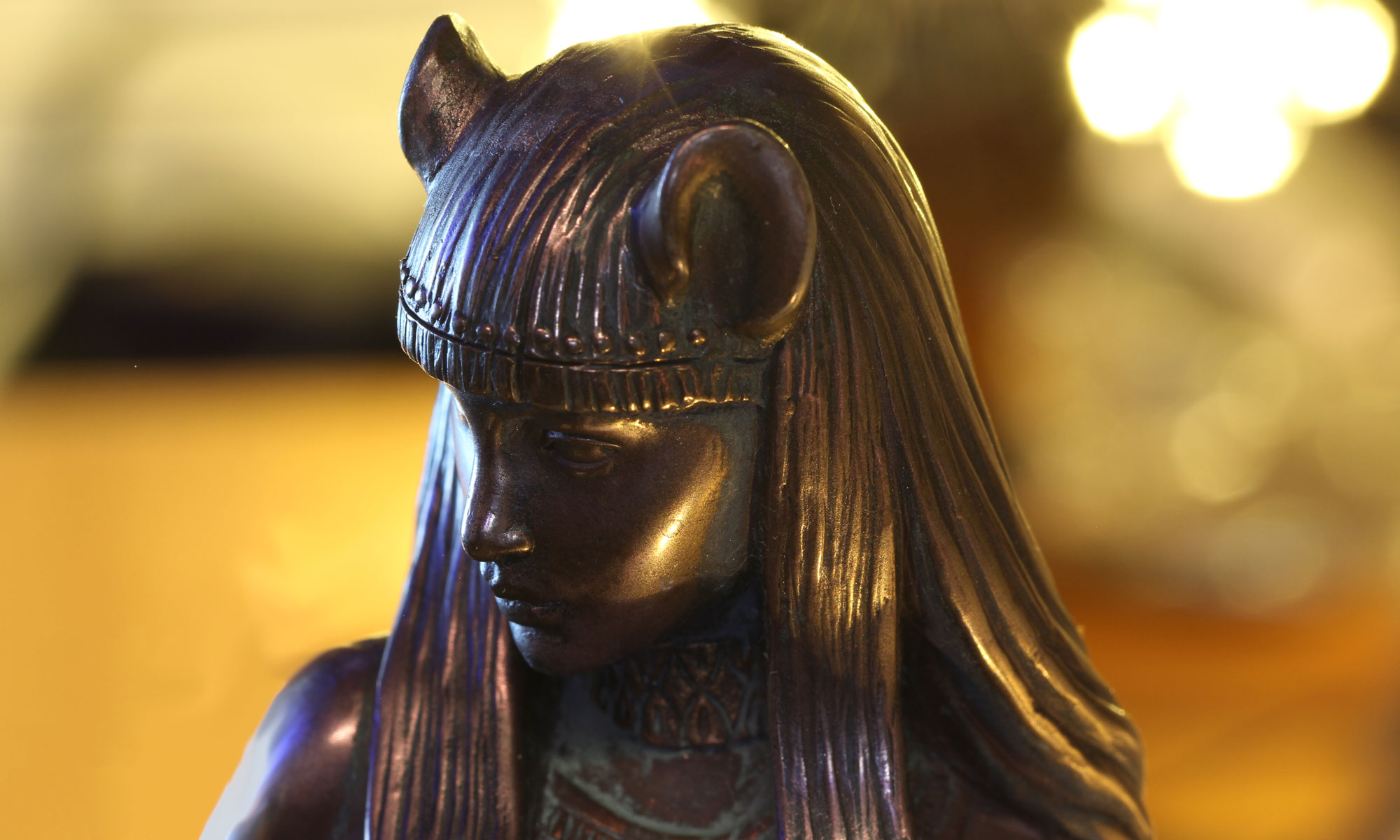“Truth, Lies and Possibilities: Writing the Story of Buddha’s Wife”
with Barbara McHugh
Thursday, November 21, 2024 at 3 PM Eastern Time
REGISTER HERE

Recently, especially since the pandemic, many fiction writers have been soul-searching: In these times, why write made-up stories? Don’t we have enough of them already? Perhaps only narratives of actual people in real situations are important for our sense of reality. In this presentation, Barbara McHugh talks about what is unique to stories as an art form and why we need to keep making them up. Using her novel, Bride of the Buddha, and other examples, along with what she’s learned in countless fiction-writing workshops, she shows how stories—from folk tales told by grannies to modern narratives created by so-called solitary geniuses—embody our values and thereby enlarge our felt sense of who we are and what our relationship is to the
universe. She also discusses the necessity of story variants to keep us from getting trapped in any single narrative, including the ones we invent to make sense of our lives.

Bride of the Buddha began as a response to the refusal of many of the author’s women friends to bother with Buddhism at all, because its founder had abandoned his wife and child. She wanted to explore the story from the point of view of the deserted wife in a way that, even if the Buddha isn’t exonerated, the practice of Buddhism is. The more research she did, and the more she wrote, the more she felt compelled to make a radical change to the story. She ended up having the Buddha’s wife disguise herself as a man in order to join her former husband’s all-male monastic community. That got the author into trouble, but it also convinced her of the importance of story-making in all its forms.

Barbara McHugh is a poet and novelist with an interdisciplinary PhD from UC Berkeley and the Graduate Theological Union. To support herself as a student, she did everything from assembly line jobs to door-to-door sales and social work in all kinds of neighborhoods. She also has worked as a book doctor/writing coach and taught graduate courses on subjects such as the relationship between evil and the attempts to annihilate it. Her novel Bride of the Buddha (Monkfish Books, 2021) won awards for literary and general fiction. Her poems have appeared in the Berkeley Poetry Review, The Magnolia Review, Steam Ticket, Brushfire, Straight Forward Poetry, and others. She enjoys hiking, traveling, and chasing total eclipses of the sun.
~~~~~~~~~~~~~~~~~~~~~~~~~~~~
Save the date and watch for details :
Scholar Salon #80, January 7 2025 at 3:00 PM Eastern Time,
with Vicki Noble

This Salon recording will also be available to members when processed after the event.










You must be logged in to post a comment.